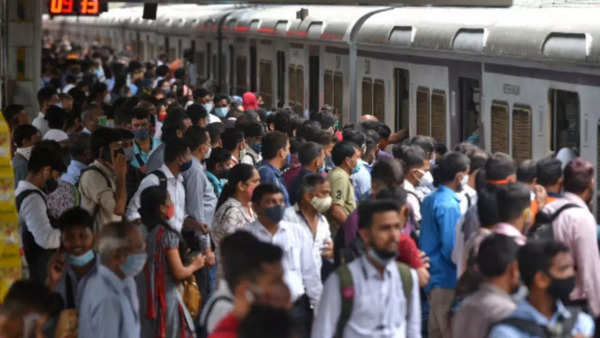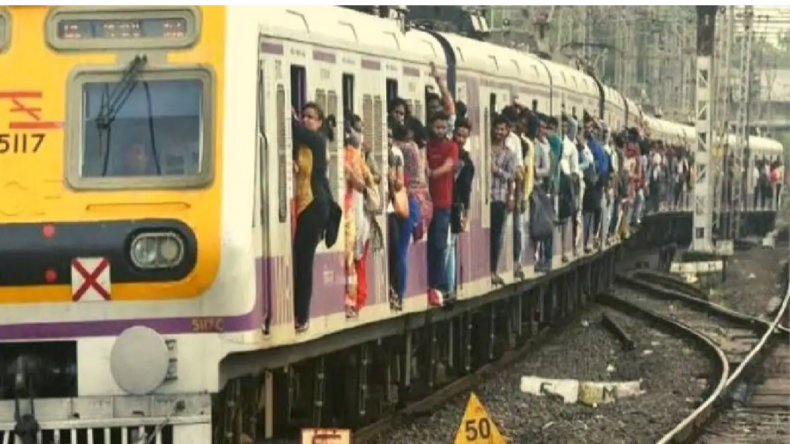Nitin Hundiwala, who sustained knee and head injuries after jumping from an overcrowded train in November 2011, received the judgement earlier this month in his first appeal.
The Mumbai High Court ruled that boarding a crowded train for a Mumbaikar was a “calculated risk,” not a “criminal act,” and ordered the railways to pay a septuagenarian over Rs. 3 lakh in compensation when he slipped and collapsed shortly after entering a crowded train in 2011. A sum of Rs 1.5 lakh is provided to him for the financial loss he suffered as a result of a train accident in 2011, as well as Rs 1.61 lakh for his actual medical expenditures.
“Here is a person who is undertaking travel everyday to attend his work and merely because no ticket is found in his pocket, will not amount to him being classified as ‘not a bona fide passenger’,” a single-judge bench of Justice Bharati H Dangre held.

Nitin Hundiwala, who sustained knee and head injuries after jumping from an overcrowded train in November 2011, received the judgement earlier this month in his first appeal.
Hundiwala was 70 years old on the day of the accident, according to the appeal submitted by advocate Chaitrali Deshmukh. He left his office in Vikroli and took a train to Dadar (Central Railway Station). He went to the Western Railway section of Dadar station and boarded an overcrowded second-class general cabin of a Virar-bound local train departing at 5.26 pm to reach Dahisar, where he lived.
However, when boarding, he was shoved by the crowd and his right leg slipped into the space between the train and the platform, injuring his head and right thigh. Hundiwala stated that he was in the hospital for 14 days following the accident and had persistent trouble lifting weights and doing other exercises.
The court rejected the railways’ argument that Hundiwala had engaged in unwise and criminal conduct by attempting to board an overcrowded train, and so they were exempt from liability. He was also discovered without a ticket, indicating that he was not a genuine passenger.
Hundiwala, on the other hand, Hundiwala was a daily commuter who had specifically been deposed to having paid tickets, according to the court.
As a result, he could not be classed as “not a bonafide passenger” just because a ticket was not found. The court also noted that local trains in Mumbai are widely referred to as the city’s “lifeline,” with a large proportion of city residents dependent on them, and that it was not uncommon for a regular commuter to risk riding on a crowded train.

The Railway’s claim that he was not a “bona fide passenger” was also dismissed by the Court because no ticket was found on him.
Hundiwala filed a petition in the Bombay High Court seeking Rs. 4 lakh in compensation under Section 16(1) r/w 13(1-A) of the Railway Claims Tribunal Act and Section 124A of the Railways Act.
The Railway Claims Tribunal, Mumbai Bench, dismissed his claim for Rs 4 lakh in compensation for injuries he incurred in an “unfortunate incident” through its July 17, 2013 judgement. The Tribunal dismissed his claim, agreeing with WR that the incident did not fall under section 124(A) of the Railways Act, which requires compensation in the event of an “untoward incident.“
Justice Bharati Dangre overturned the Railways Claims Tribunal’s decision to dismiss the senior citizen’s claim, ruling that the incident was an “untoward incident” as defined by Section 123(c)(2) of the Railways Act.
Published By : Akshita Katoch
Edited By : Vanshika Sahu













